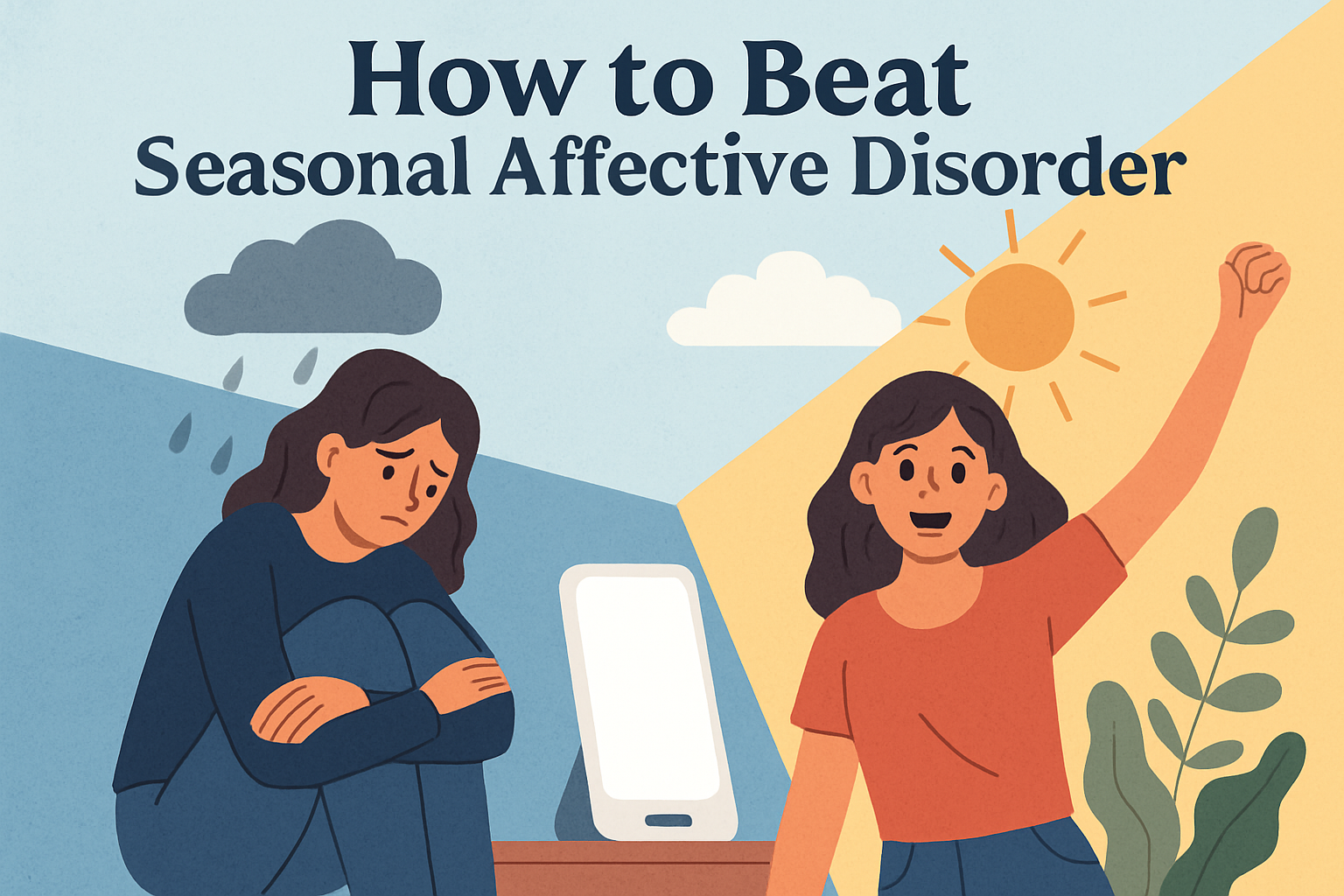The fear of abandonment can grip our hearts and minds, leaving us feeling vulnerable and insecure in relationships. Whether stemming from past trauma or deep-rooted insecurities, overcoming fear of abandonment is possible with self-reflection, self-compassion, and intentional actions. Today, we cover 7 strategies to overcome fear of abandonment.
1. Understand the Root Causes of Fear of Abandonment
If you believe you or a loved one are experiencing fear of abandonment, it’s key to reflect on the potential root causes of these feelings.
Fear may stem from childhood experiences, past traumas, or a lack of emotional security.
Understanding a range of potential underlying factors can help you make sense of your emotions and begin the healing process.
2. Challenge Negative Thought Patterns
Fear of abandonment often arises from negative thought patterns and beliefs about yourself and relationships.
Challenge these thoughts by questioning their validity and replacing them with more positive and realistic ones.
Focus on your strengths, cultivate self-compassion, and remind yourself that you are worthy of love and connection.
3. Build Self-Esteem and Self-Worth
Fostering a strong sense of self-esteem and self-worth is essential as you work to overcome fear of abandonment.
Activities that boost your confidence and self-image and help you overcome fear of rejection are especially important right now.
What are you naturally good at? What things come easily to you, but are hard for other people?
Put another way, what are your gifts?
Look for ways to nurture them in your life to help the healing process.
Set achievable goals, practice self-care, and surround yourself with supportive and uplifting people who value and appreciate you for who you are.
4. Cultivate Self-Reliance to Overcome Fear of Abandonment
Learning to rely on yourself for emotional support is a vital step in overcoming fear of abandonment.
Use healthy coping mechanisms, such as journaling, mindfulness, or seeking therapy, to further heal your own emotional wounds.
By building a strong foundation of self-reliance, you become less dependent on others for validation and security.
5. Communicate Openly and Honestly
Effective communication is essential to foster healthy and secure relationships.
Share your fears and concerns, including the potential root causes of them, with your partner or loved ones in a calm and non-confrontational manner to help build intimacy and transparency.
By openly communicating your feelings, you help others to understand your needs and create an environment of trust, reassurance, and mutual support.
6. Establish Boundaries to Overcome Fear of Abandonment
Establishing clear boundaries is another key to overcoming the fear of abandonment.
You must communicate your needs, limits, and expectations in relationships, and ensure that they are respected.
Boundaries help create a sense of safety and predictability, reducing anxiety and fear.
7. Seek Professional Support to Overcome Fear of Abandonment
If your fear of abandonment persists and significantly impacts your well-being and relationships, consider seeking professional support.
A therapist or counselor can provide guidance and tools to help you navigate your emotions, heal past wounds, and develop other healthy coping strategies.
Having an unbiased third party to discuss emotional situations with can also help to broaden your perspective and understanding beyond your own habitual thought patterns.
Healing and overcoming the fear of abandonment is a journey that takes time and patience.
Take small steps outside your comfort zone, to gradually expose yourself to situations that trigger your fears.
Celebrate each step forward, no matter how small.
Be gentle with yourself when you encounter difficulty or setbacks.
How to Overcome Fear of Abandonment
The fear of abandonment can be a daunting obstacle to navigate, but it is not insurmountable.
Nurture your own strength, resilience, and capacity for love and connection.
You are deserving of healthy, fulfilling relationships, and with dedication and self-compassion, you can create a future grounded in trust and emotional security.
For Additional Resources please visit:
Root Causes of Fear of Abandonment
5 Signs of Fear of Abandonment
Emotional Needs for Healthy Relationships
Thank you as always for reading.
If you haven’t yet subscribed, please visit KindCompassCoach and enter your email address so you never miss a post.

Joan Senio is the founder of Kindness-Compassion-and-Coaching.com. Joan’s career includes clinical healthcare plus 20+ years as an executive in a nationwide health care system and 15 years as a consultant. The common threads throughout Joan’s personal and professional life are a commitment to non-profit organizations, mental health, compassionate coaching, professional development and servant leadership. She is a certified Neuroscience Coach, member of the International Organization of Life Coaches, serves as a thought-leader for KuelLife.com and is also a regular contributor to PsychReg and Sixty and Me. You can read more about Joan here: Joan Senio.
















No Responses